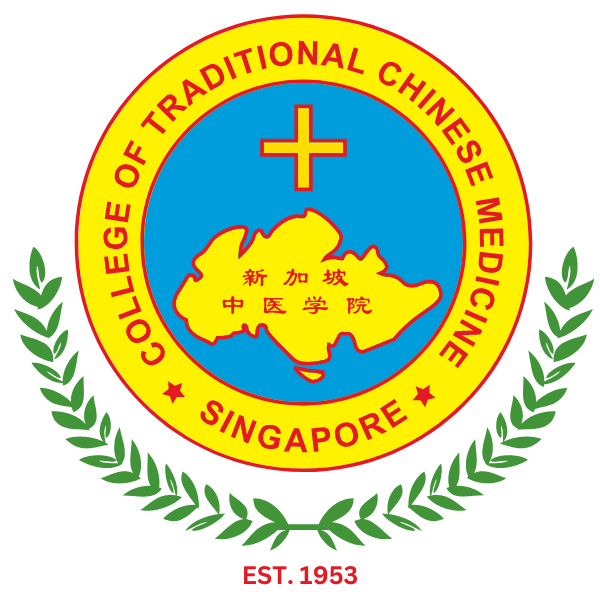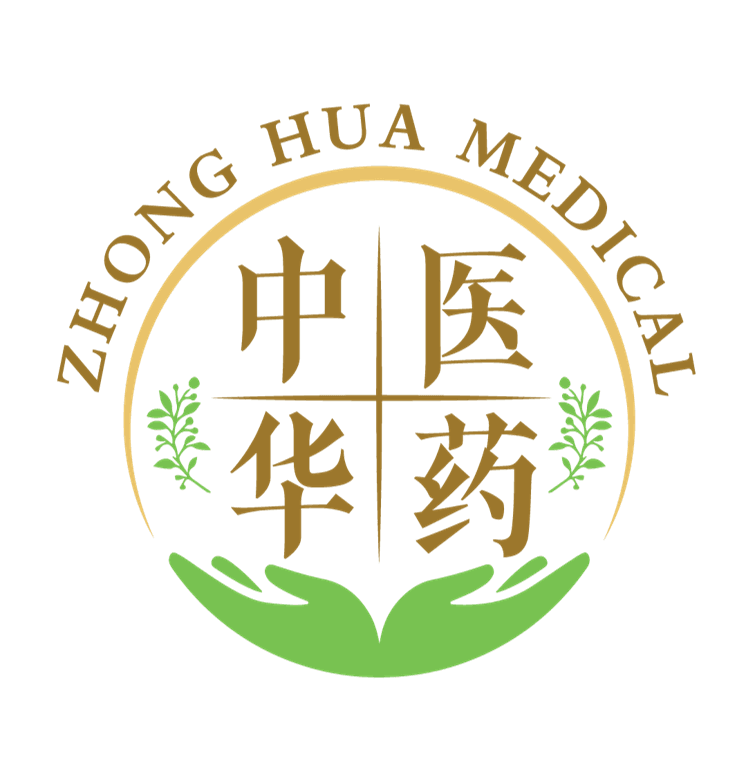With a history spanning over 2,000 years, Traditional Chinese Medicine (TCM) offers a holistic approach to wellness through natural remedies and therapies designed to restore health and balance in the body.
TCM remedies help people worldwide, including in Singapore, manage their health effectively by drawing on medicines made from natural ingredients, therapies that work to optimise the body’s innate energy flow (Qi), and emphasising the connections between mental, emotional, and physical health.
This article explores the key healing methods used in TCM, how they work, and how they can be applied to treat common ailments and promote long-term well-being.
Natural Remedies Used in Traditional Chinese Medicine
Traditional Chinese Medicine (TCM) offers a variety of natural remedies to restore balance, alleviate symptoms of various health conditions, and promote overall well-being.
| TCM Treatment | Description |
| Herbal Medicine | Plant and herb-based formulas are prescribed to restore balance, clear toxins, and nourish the body. Herbal medicine can be taken as teas, powders, soups, or capsules. |
| Acupuncture | Thin needles are inserted at specific points in the body to regulate Qi flow, improve circulation, and relieve pain. |
| Cupping Therapy | Suction cups are placed on the skin to increase blood flow to the area. This treatment can improve circulation and release muscle tension. |
| Moxibustion | Mugwort is burned on or near the skin at specific points to warm the body, dispel cold, and improve circulation. |
| Other Treatments | Dietary therapy focused on eating foods that match one’s constitution, support digestive health, and boost immunity. Lifestyle recommendations for better health, such as getting adequate sleep, improving stress management in daily life, and doing exercises like Tai Chi. |
While TCM offers effective natural remedies for various health concerns, it is essential to consult a qualified TCM practitioner before you try any treatments.
A licensed practitioner can assess your health needs and recommend the safest and most effective treatment plan for you. Always seek professional advice before incorporating TCM into your healthcare routine.
Common Ailments and Their Natural TCM Remedies
1. Cold and Flu
According to TCM, colds and flu are caused by poor Wei Qi, or the body’s protective energy that guards against external pathogens. In essence, Wei Qi may be perceived as an equivalent of the immune system, which protects us against viruses and bacterial infections.
The lungs control Wei Qi—when the lungs’ energy is balanced, Wei Qi is strong and able to fight off external pathogens and infections. However, when the lungs are weak, this causes an imbalance in the body’s Wei Qi, leaving it vulnerable to diseases that manifest in symptoms such as fever, chills, sore throat, and runny nose.
TCM Remedies for Cold and Flu
- Herbal Formulas
A TCM practitioner may prescribe different herbs in the form of pills, powders, tinctures, or teas to address various symptoms of cold and flu.
One example is Gui Zhi Tang, or a Cinnamon Twig Decoction, which is used to treat symptoms like fever, chills, headache, and nasal congestion. This concoction combines herbs including white peony root, ginger, and liquorice root. Ginger is known to dispel cold, while liquorice root can relieve cough and remove phlegm.
- Acupuncture
Acupuncture treatment can aid in alleviating cold or flu symptoms, as well as regulate overall immunity. By inserting fine needles into specific points in the body, acupuncture can significantly reduce the severity of flu symptoms and even shorten the duration of illness.
Additionally, research has shown that acupuncture can regulate the immune system or Wei Qi, helping the body better withstand respiratory infections.
If you’re looking for professional acupuncture therapy in Singapore, Zhong Hua Medical provides acupuncture treatments to help with conditions such as respiratory infections, migraines, joint pain, hair loss and more. Our licensed practitioners use safe and effective techniques to promote natural healing.
2. Digestive Issues
Gut health is vital to our overall well-being. In TCM, digestive problems like acid reflux, bloating, nausea, and irritable bowel syndrome (IBS) are all linked to the spleen.
Although considered a non-vital organ in Western medicine, Traditional Chinese Medicine considers the spleen essential for digestion, nutrient absorption, and spreading Qi derived from food throughout the rest of the body.
When the Qi or energy of the spleen is weakened or deficient, it can result in poor digestive function and gastrointestinal conditions like acid reflux, constipation, and diarrhoea. Stress, anxiety, and emotional imbalances also contribute to Qi stagnation, which disrupts stomach function and causes indigestion.
TCM Remedies for Digestive Issues
- Herbal Formulas for Digestive Relief
Different combinations of herbs can help regulate spleen Qi and improve digestion.
Your TCM practitioner may prescribe Huo Xiang Zheng Qi San to treat diarrhoea and vomiting. This is a concoction of up to 13 different herbs including perilla leaf, dried bark of the Magnolia officinalis tree, and Angelica dahurica root. This formulation is especially helpful for diarrhoea caused by exposure to cold or “dampness”, or having an excess of water in the body.
Meanwhile, Zuo Jin Wan is typically prescribed to reduce stomach acid and relieve inflammation of the gut. This herbal remedy is made up of the herb Coptidis Rhizoma and a dried fruit known as Fructus Evodiae, both of which have strong anti-inflammatory and toxin-cleansing properties.
- Cupping Therapy for Digestive Health
Cupping over the back and abdomen can stimulate circulation in the gut, promoting better digestion. This process also helps reduce bloating and relieves discomfort from excess dampness that triggers indigestion.
Cupping therapy works by creating a suction effect that increases blood flow, eases muscle tension, and stimulates the meridians associated with digestion, such as the stomach and spleen channels.
Meridians are an intricate network of energy pathways that run throughout the body, connecting organs, tissues, and vital functions. These pathways serve as channels for the circulation of Qi and blood, ensuring balance and harmony within the body.
At Zhong Hua Medical, we offer expert cupping therapy services to help those in Singapore manage digestive issues, chronic pain, and a host of other conditions.
- Dietary Recommendations
Eating the right foods is important for maintaining digestive health and preventing discomfort.
If you have digestive problems, TCM practitioners may advise you to avoid eating certain kinds of food. For example, raw and cold foods like salads or iced beverages have “cooling” properties that can slow down digestion and cause stagnation in the spleen’s Qi flow.
On the other hand, consuming warm and cooked foods like soups and stews can nourish the digestive system, support spleen Qi, and promote smoother digestion by enhancing the body’s ability to process and absorb nutrients.
3. Insomnia and Sleep Disturbances
In Western medicine, sleep disturbances and difficulties falling asleep are often ascribed to stress, certain medications, or consumption of caffeine before bed.
In TCM, sleep disorders are seen as a result of Qi imbalances triggered by stress and anxiety. These disruptions in Qi flow can interfere with the body’s ability to relax and regulate sleep.
One cause of sleep issues according to TCM is an excess of liver fire. These days, many people experience stress, frustration, and anger throughout the day, which can interrupt the smooth flow of Qi through the liver. When liver Qi is blocked or slowed down, it can transform into excess heat, causing difficulty falling asleep, vivid dreams, or waking up frequently at night.
TCM Remedies for Sleep Disorders
- Herbal Remedies for Sleep Disturbances
Herbal formulations are particularly effective in treating a range of sleep disorders. Bai Zi Ren, for instance, is made from seeds of the Oriental arborvitae plant, which helps manage insomnia and feelings of anxiety at night.
Meanwhile, Suan Zao Ren Tang is prescribed to help one fall asleep more easily. This decoction is made from the dried seeds of Chinese red dates and can help people with sleep disturbances avoid waking up frequently throughout the night.
- Acupuncture and Cupping for Better Sleep
Acupuncture treatment can be beneficial for those struggling with sleep disturbances by calming the nervous system and promoting relaxation. Similarly, cupping therapy helps ease the body into a restful state by stimulating blood circulation and relaxing tight muscles. Both treatments can also reduce stress and anxiety, which are common triggers for sleep disorders.
- Breathing Exercises
TCM promotes deep breathing as a relaxation method that can improve sleep quality. For instance, Qigong breathing methods help regulate the nervous system and reduce the level of stress hormones in the body, leading to better sleep.
One example of a breathing technique in Qigong is the belly breathing method. You start by inhaling deeply through the nose, allowing the belly to expand. Then exhale slowly through the mouth, drawing the belly inward. Repeat the slow, deep, and rhythmic breaths to help calm your mind and body before bedtime.
4. Pain Management
From headaches and menstrual cramps to more chronic conditions like arthritis, pain is one of the most common health concerns affecting people today. Dull aches are typically caused by inflammation in the body’s tissues, while pain related to nerve damage is felt as burning, tingling, or sharp sensations.
According to TCM, pain results from some form of disruption in the body’s Qi, or a blockage in the body’s meridians. When meridians are obstructed, it can cause poor blood circulation, stagnant Qi flow, and disharmony between Yin and Yang energies. These imbalances manifest as various types of pain throughout the body.
TCM Remedies for Pain Relief
- Herbal Formulations
TCM herbal medicines can reduce pain by improving circulation and reducing inflammation. For instance, Duhuo Jisheng Wan is a concoction made up of several herbs including mulberry mistletoe stem. The anti-inflammatory properties of this blend are used to alleviate pain related to osteoarthritis.
Other herbal formulations are applied to treat different types of pain, such as Tian Ma Gou Teng Yin, which is commonly prescribed for migraine sufferers as well as those with hypertension.
- Acupuncture
Acupuncture is one of the most well-known TCM therapies for chronic pain relief. By inserting thin needles at specific meridian points, acupuncture treatment can improve blood circulation to reduce inflammation and stiffness.
Additionally, acupuncture stimulates the release of endorphins, the body’s natural painkillers, providing relief from headaches, joint pain, and other ailments.
- Cupping Therapy
Cupping therapy is also highly effective for pain management, as it improves circulation and reduces muscle tension in the affected areas. The suction effect draws fresh, oxygenated blood to stiff or painful parts of the body, reducing inflammation and promoting tissue repair.
Furthermore, cupping helps regulate the nervous system, promoting relaxation and reducing stress-related pain.
- Moxibustion
Moxibustion therapy can be beneficial for those experiencing pain in the muscles, bones, joints, and ligaments. Applying heat to the affected area during moxibustion treatment will help promote blood flow by making blood vessels expand.
This increased circulation delivers more oxygen and nutrients to the damaged and painful tissues and reduces inflammation. As a result, pain and stiffness gradually decrease, allowing the muscles and joints to relax and heal more efficiently.
Restore Balance and Well-Being With Natural TCM Remedies
TCM offers a holistic and time-tested approach to health, focusing on treating the root causes of common health complaints as well as alleviating their symptoms. Through treatments like acupuncture, cupping, herbal medicine, moxibustion, and lifestyle recommendations, TCM practitioners help patients find relief from their ailments and achieve long-term wellness.
At Zhong Hua Medical, we are dedicated to providing expert TCM treatments in Singapore, tailored to your unique health needs. Whether you’re seeking relief from pain, better sleep, improved digestion, or a healthier respiratory system, our experienced practitioners are here to support you on your journey to better health, naturally.
Contact us through our website to schedule a consultation with one of our qualified practitioners today.




